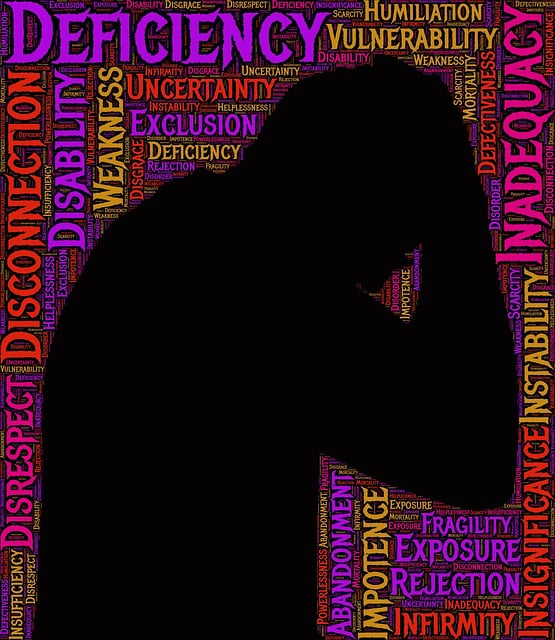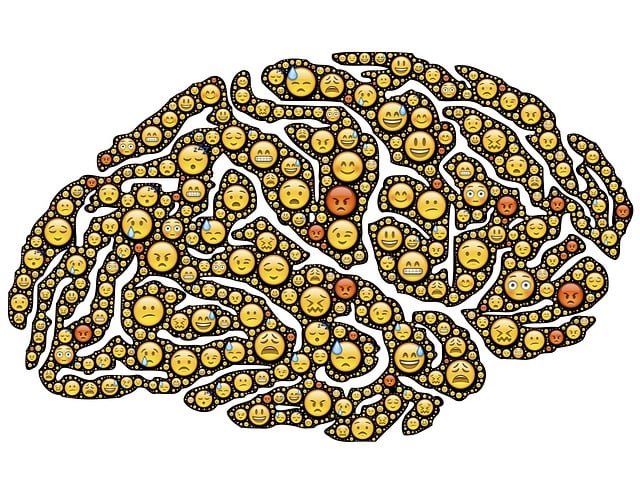In Greenwood Village, American Sign Language (ASL) therapy emerges as a powerful, innovative approach to combat substance abuse within the deaf community. By focusing on self-care routines, anxiety relief, and self-esteem improvement through ASL communication methods, this program promotes mental health and reduces reliance on substances. Early intervention strategies include journaling exercises, a local podcast series, and burnout prevention for both supporters and those in recovery, all aimed at holistically addressing physical and mental health. The unique ASL therapy offers empathy, tailored stress management, and deeper client-therapist relationships, enhancing treatment effectiveness. A supportive home environment, public awareness campaigns, and family education further strengthen community bonds, ensuring long-term recovery for deaf or hard-of-hearing individuals in Greenwood Village.
Substance abuse poses significant risks, but proactive strategies can mitigate these dangers. This article explores comprehensive approaches to reduce substance abuse risks in Greenwood Village, from understanding its underlying causes and the power of early intervention to innovative therapies like American Sign Language (ASL) treatment.
We delve into creating safe, supportive home environments, leveraging community resources, and implementing long-term recovery strategies. By adopting these tactics, Greenwood Village can foster a culture of wellness and encourage lasting recovery for those facing substance abuse challenges.
- Understanding Substance Abuse and Its Risks
- The Role of Early Intervention in Greenwood Village
- American Sign Language (ASL) Therapy: A Unique Approach
- Creating a Supportive Environment at Home
- Community Resources and Long-Term Recovery Strategies
Understanding Substance Abuse and Its Risks

Substance abuse is a complex issue that can have severe consequences on an individual’s life and well-being. It refers to the harmful use of drugs or alcohol, leading to potential physical and psychological dependence. This behavior often stems from various factors such as stress, anxiety, low self-esteem, or even environmental influences. Understanding these risks is the first step towards prevention and recovery.
In Greenwood Village, American Sign Language (ASL) therapy can play a pivotal role in addressing substance abuse issues, especially within the deaf community. ASL therapy provides a unique approach to self-care routine development for better mental health. By incorporating strategies like anxiety relief techniques and self-esteem improvement activities, individuals can enhance their overall well-being and reduce the likelihood of turning to substances as coping mechanisms.
The Role of Early Intervention in Greenwood Village

In Greenwood Village, early intervention plays a pivotal role in mitigating substance abuse issues through innovative approaches like American Sign Language (ASL) therapy. This community-focused strategy recognizes that addressing addiction head-on is crucial for at-risk individuals, especially youth. By integrating ASL into therapeutic settings, mental wellness professionals can better communicate with hard-to-reach populations who may prefer non-verbal methods of expression and support.
Incorporating Mental Wellness Journaling Exercise Guidance and even a local Mental Wellness Podcast Series Production further strengthens the village’s proactive stance. These initiatives encourage open dialogue about substance abuse, promote self-reflection through journaling, and offer accessible information via podcasts. Additionally, burnout prevention strategies are woven into these programs, ensuring that both supporters and those in recovery maintain their mental wellness alongside physical health.
American Sign Language (ASL) Therapy: A Unique Approach

Greenwood Village American Sign Language (ASL) Therapy offers a unique and innovative approach to substance abuse treatment, focusing on communication and connection. This specialized therapy utilizes ASL as a powerful tool to build empathy between therapists and clients, creating a safe and supportive environment. By employing ASL, therapists can effectively convey complex concepts related to addiction, its causes, and recovery paths, ensuring that every client, regardless of hearing ability, understands their journey towards healing.
The implementation of an ASL therapy program, along with community outreach initiatives, empowers individuals in the Greenwood Village area. Through these initiatives, therapists not only teach sign language but also promote stress management techniques tailored to the unique needs of deaf or hard-of-hearing individuals. Empathy building strategies form a cornerstone of this approach, fostering deeper relationships and encouraging open dialogue about sensitive topics, ultimately enhancing the overall effectiveness of substance abuse treatment programs.
Creating a Supportive Environment at Home

Creating a supportive environment at home is a crucial strategy in reducing risks associated with substance abuse. This involves fostering open communication and understanding among family members. Encouraging active listening, where each member feels heard and respected, can significantly contribute to emotional regulation and trauma support services within the household. By implementing these practices, families in Greenwood Village, including those utilizing American Sign Language Therapy, can create a safe space that promotes mental well-being and discourages substance misuse.
Additionally, public awareness campaigns development centered around substance abuse prevention can further enhance these efforts. Educating family members about the signs of abuse, available resources, and effective intervention techniques equips them with valuable tools to support loved ones. This proactive approach not only reduces individual risks but also strengthens community bonds, creating a network of support that extends beyond the home environment.
Community Resources and Long-Term Recovery Strategies

Greenwood Village offers a range of community resources to support individuals in their long-term recovery from substance abuse. One notable service is American Sign Language (ASL) therapy, which caters specifically to the unique needs of deaf or hard-of-hearing individuals. ASL therapy provides a non-verbal communication method, ensuring that these individuals can access the same quality of care and support as their hearing peers. This inclusive approach is crucial in breaking down barriers to treatment and fostering a sense of belonging within the recovery community.
Emotional intelligence and mental wellness are integral components of long-term recovery. Self-awareness exercises play a significant role in helping individuals understand and manage their emotions, reducing triggers for substance abuse. By integrating these strategies into therapeutic practices, Greenwood Village aims to empower individuals with the tools needed to maintain sobriety and improve overall well-being. Such resources not only support immediate recovery but also lay the foundation for lasting positive change.
In addressing substance abuse, a multifaceted approach is key. From understanding the risks and early intervention in Greenwood Village to innovative therapies like American Sign Language (ASL) therapy, each strategy plays a vital role in risk reduction. Creating a supportive home environment and leveraging community resources are also essential for long-term recovery. By combining these methods, individuals can navigate their journeys towards healthier, sober lives, with Greenwood Village American Sign Language Therapy offering a unique and effective path for many.














